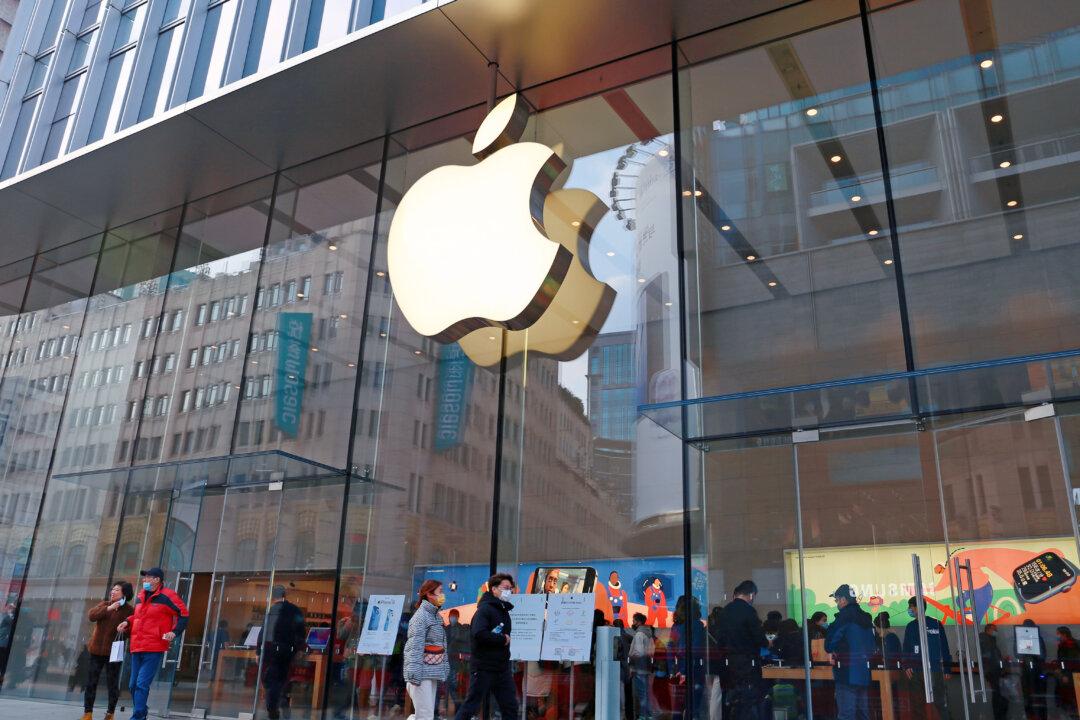Apple has reportedly removed Damus, a Twitter-like social media app backed by the nostr protocol, from its Chinese app store owing to content deemed “illegal” by the Chinese communist regime.
Damus shared on Feb. 2 a screenshot of an Apple notification, stating that the app failed a security assessment of “information services with attribute of public opinions or capable of social mobilization.”





